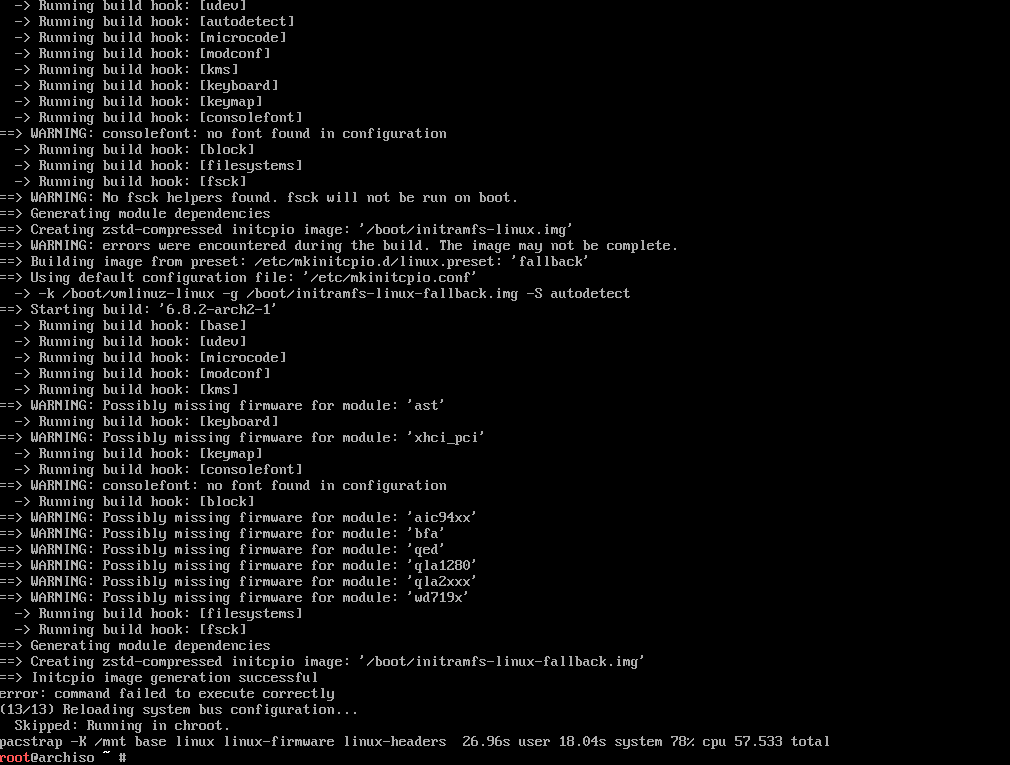I'm on the verge of completely giving up here, I've always had a few problems with sleep but for the last few months my system has no graphics output when I resume from suspend. Its not just outputting a black screen, my monitors go back into sleep mode as there is no video output at all. I'm assuming its something to do with my Nvidia GPU but none of the steps from here help: https://wiki.archlinux.org/title/NVIDIA/Tips_and_tricks#Preserve_video_memory_after_suspend
I have tried suspending from the gui, systemctl suspend and directly writing to /sys/power/state. I have tried both s2idle and deep sleep (with s2idle it wouldn't even enter sleep properly and I still ended up with a blank screen). I have the same issue on Plasma X11 and XFCE on my main Arch system and also on the Ubuntu 24.04 live iso (which I couldn't even get to boot properly without choosing safe graphics mode), but interestingly I don't have the issue on Endeavour OS which I would have expected to be closer to my system. This was both on the Endeavor live iso and on a test install I did on a spare disk. On my main system if I use Plasma Wayland I do get a display but its glitched out and I still can't interact with anything. If I disable my DE and just suspend from the tty it works fine.
Despite having a black screen I can still access via SSH, and if I switch tty I usually then get a display output on that tty, but if I try switching back to my DE I get back to a black screen sometimes with a mouse cursor.
If its any use I have these log files from a recent attempt at troubleshooting, the only relevant thing I could see was the bit about SYSTEMD_SLEEP_FREEZE_USER_SESSIONS=false but changing it to true didn't help: https://upload.disroot.org/r/ZnLUas_m#CRJfgtZ4aMKNdh3ch3P6AY03VMS9XEPz8TDAVC0XaFE=
Edit: I forgot to mention I’ve tried both the standard and LTS kernels, and the nvidia and nvidia-open driver




It was worth the wait though because at least Biden won the election